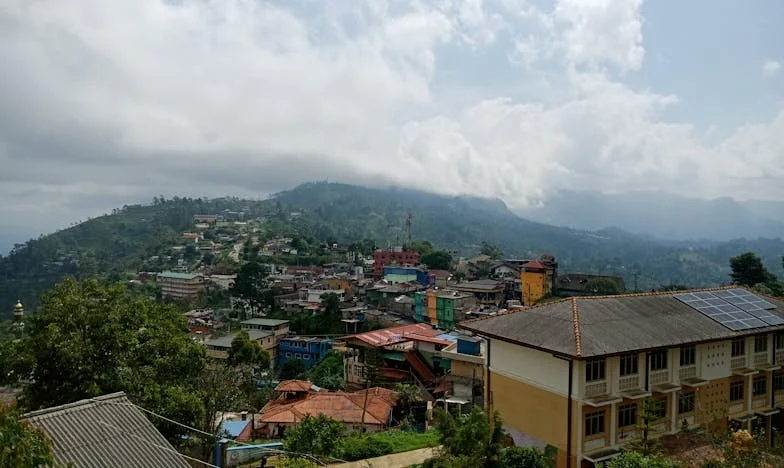My Mother-in-Law Calls My Children “Fake Grandkids”—Because I’m Not Her Daughter
“They’re not really my grandchildren.”
The words echoed in the kitchen, bouncing off the tile and landing like a punch to the gut. I was standing there, spatula in hand, halfway through flipping pancakes for breakfast when my mother-in-law, Susan, said it. My kids, Emma and Josh, were at the table, still in their pajamas, chattering about their soccer game later that day. I froze, unable to process if I’d heard her right.
“Excuse me?” I managed, my voice trembling against my will.
Susan didn’t even blink. She looked at me, face calm, like she was commenting on the weather. “I mean, they’re lovely kids, but… well, you’re not my daughter. It just isn’t the same.”
My heart hammered against my ribs. I’d always been proud of how well I blended into Mike’s family. Mike, my husband, had always been my anchor—steady, kind, the peacekeeper. And Susan, his mother, had seemed distant but polite. We weren’t close, but we’d never fought. Now, I realized, that was because I’d always made myself small.
“Susan, what are you talking about?” I whispered, glancing at Emma, who’d gone quiet. Josh stared at his cereal, suddenly fascinated by the soggy flakes.
She sighed, waving a dismissive hand. “Oh, don’t take it personally, Kate. It’s just… you know, blood is blood.”
“They’re Mike’s kids. I’m their mom,” I said, voice barely above a whisper.
She shrugged, as if I’d made her point for her. “Exactly. You’re their mom. Not my daughter.”
I wanted to scream, to throw the spatula across the room and tell her to get out. But I didn’t. I never do. Instead, I turned back to the stove, blinking back angry tears. My hands shook so badly I burned the next pancake.
That night, after the kids were asleep, I told Mike what happened. He listened, silent and pale, his hands twisting in his lap. “I’m so sorry,” he said finally. “I’ll talk to her.”
But when he did, Susan only doubled down. “I’m not saying I don’t love them,” she insisted, arms crossed over her chest. “But it’s different. If Kate were my daughter, I’d feel… you know, closer. More invested. That’s just how it is.”
Mike tried to reason with her, but she wouldn’t budge. I watched him deflate, and I hated that this woman, who’d never once asked me about my childhood or my dreams, could make me feel like an outsider in my own home.
Every family gathering after that became a minefield. Susan would bring gifts for her “real” grandkids—Mike’s sister’s kids, blonde and blue-eyed, just like her. Emma and Josh would get polite cards or trinkets, nothing like the elaborate gifts their cousins received. At Christmas, she took a family photo and cropped us out for her holiday card.
One afternoon, Emma came home from school, her face red and blotchy. “Grandma Susan told me I’m not really her granddaughter,” she said, voice wobbling. “She said I’m only half family.”
I pulled her into my arms, feeling her little body shake with confusion and hurt. “That’s not true,” I whispered into her hair. “You’re my daughter. You’re loved.”
But the damage was done. At Thanksgiving, Emma sat silent at the kids’ table, barely picking at her food. Josh started having nightmares, waking up in the middle of the night, crying that he didn’t belong anywhere.
Mike confronted Susan again, this time angrier. “You’re breaking their hearts,” he said. “Why can’t you just love them?”
Susan looked away, lips pressed into a thin line. “It’s not that easy.”
Our home began to feel like a fortress under siege. I stopped inviting Susan to birthdays and holidays. Mike called her less. The kids avoided her at family gatherings. The rift grew wider every year, and I wondered if it would ever heal.
One night, after a particularly tense Christmas, Mike sat with me on the couch, his head in his hands. “I don’t know what to do,” he said. “She’s my mom. But you’re my family. The kids are my life.”
I took his hand. “What if family isn’t about blood at all? What if it’s about the people who show up, who love you, even when it’s hard?”
He nodded, tears in his eyes. “I just wish she understood that.”
Months later, Emma brought home a family tree assignment. She wrote my name and Mike’s at the top, then drew big, looping hearts around her and Josh. At the bottom, she wrote: “My family is everyone who loves me.”
I hung her drawing on the fridge, a silent declaration that we were enough, no matter what anyone said.
But sometimes, late at night, I still wonder: How many families are torn apart by words like Susan’s? How many children grow up feeling less than, just because someone else can’t see their worth?
Do we have to share the same blood to truly belong? Or is love the only thing that really makes us family?
